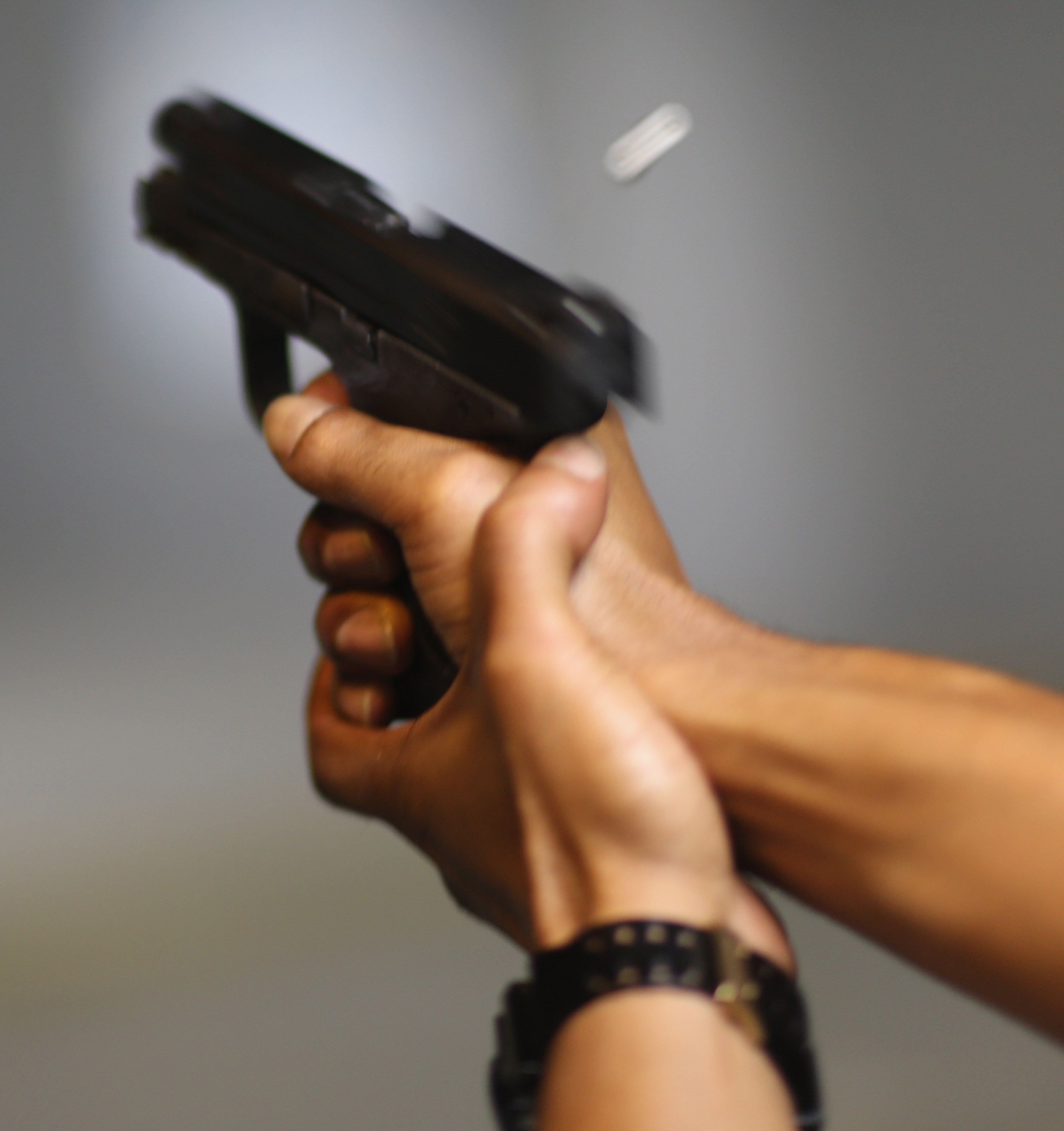
by Veronique DUPONT
LOS ANGELES, United States (AFP) — The deadliest mass shooting in US history has once again unleashed gun control advocates clamoring for curbs on weapons sales.
But the Florida carnage also shows the scale of their challenge in a country where a 29-year-old once flagged on an FBI watchlist was able to commit mass murder with a legally-bought assault rifle.
As has become a somber ritual after each of the mass shootings that regularly stun the United States, President Barack Obama came forward to plead for stricter gun laws.
“This massacre is… a further reminder of how easy it is for someone to get their hands on a weapon that lets them shoot people in a school, or in a house of worship, or a movie theater, or in a nightclub,” Obama said. “And we have to decide if that’s the kind of country we want to be.”
It was a powerful appeal. And a familiar one. A veteran US reporter estimated on Twitter it was the 20th time he had seen Obama take the podium to deliver the exact same message.
The US president has been stifled in his bid to curb gun violence since taking power in 2008, by a Republican-led congress and the powerful gun lobby that reject any moves to rein in gun ownership in the name of the Constitution’s Second Amendment.
On Monday the White House demanded that Congress pass legislation blocking extremists from obtaining assault weapons.
But experts say the deadlock is unlikely to end anytime soon, with gun control a hot-button election issue for both Republicans and Democrats.
“The Republicans that control Congress are adamantly opposed to gun legislation and they will not give Obama this victory in an election year,” Adam Winkler, a law professor at the University of California Los Angeles, told AFP.
‘Weapons of war’
Omar Mateen, an American of Afghan descent who the FBI believes was radicalized online and who was probed in recent years for suspected extremism, burst into the Pulse nightclub in Orlando early Sunday armed with an AR-15 assault rifle and a handgun.
By the time his shooting rampage ended, 49 people were dead and 53 others injured. Mateen was killed in an exchange of gunfire with police.
The AR-15 assault rifle is the same type used in the 2012 Sandy Hook elementary school massacre, the 2012 movie-theater shooting in Aurora, Colorado and the San Bernardino attack last December.
No sooner had news of the carnage hit headlines than politicians jumped into the fray, with Hillary Clinton, the presumptive Democratic White House nominee, training her fire on the ready availability of assault weapons.
“I believe weapons of war have no place on our streets,” she told supporters in Cleveland, saying the fact Mateen was at one point on an FBI watchlist should have barred him from purchasing weapons.
“We may have our disagreements about gun safety regulations, but we should all be able to agree on a few essential things,” Clinton said. “If the FBI is watching you for suspected terrorist links, you shouldn’t be able to just go buy a gun with no questions asked.”
According to Gun Violence Archive, which tracks gun-related deaths in America, 13,429 people were shot dead in 2015 and 5,962 so far this year. Firearm deaths including suicides stand at around 30,000 per year.
The fact-checking site Politifact said more Americans have been killed by guns in the United States since 1968 than in all wars in the country’s history.
And yet, the paradox: with each new massacre, gun sales spike as enthusiasts rush to stock up fearing a clampdown — with the right to bear arms cherished as fundamental by many in the country.
‘Make it harder for criminals’
According to surveys by Quinnipiac University, between 88 and 93 percent of Americans support universal gun background checks and more than half back a ban on assault weapons.
While the gun debate is at a standstill at federal level, some headway is being made at the local and state level, says Laura Cutilleta, a senior staff attorney at the Law Center to Prevent Gun Violence.
Since the Sandy Hook school massacre, a number of US states have made it harder for people suffering from mental illness or with a history of domestic violence to acquire weapons, she says.
But Winkler believes legislation can only go so far in stopping would-be attackers.
“I’m not sure if any new law would have prevented the Orlando shooting,” he said. “All you can do is make these incidents harder for the criminals.”
Three million semi-automatic weapons are estimated to be in circulation in the United States. But even banning them would not necessarily solve the problem, Winkler said, noting that a simple handgun can do tremendous damage too.
Cutilleta meanwhile points to Florida as an example of the dysfunction of the current system.
“In Florida, there is no background check if you don’t buy a gun through a licensed seller,” Cutilleta said. “So if you’re selling at a gun show, you don’t have to conduct a background check.”
And even with checks in place, that was not enough to stop Mateen. The owner of the Florida store where he bought his rifle, Ed Henson, told CNN he passed the required background check.
“An evil person came in here and legally purchased a firearm from us,” Henson said. “If he hadn’t gotten them from us, he would have gotten them from other places.”
ved/jz/ec
© 1994-2016 Agence France-Presse








